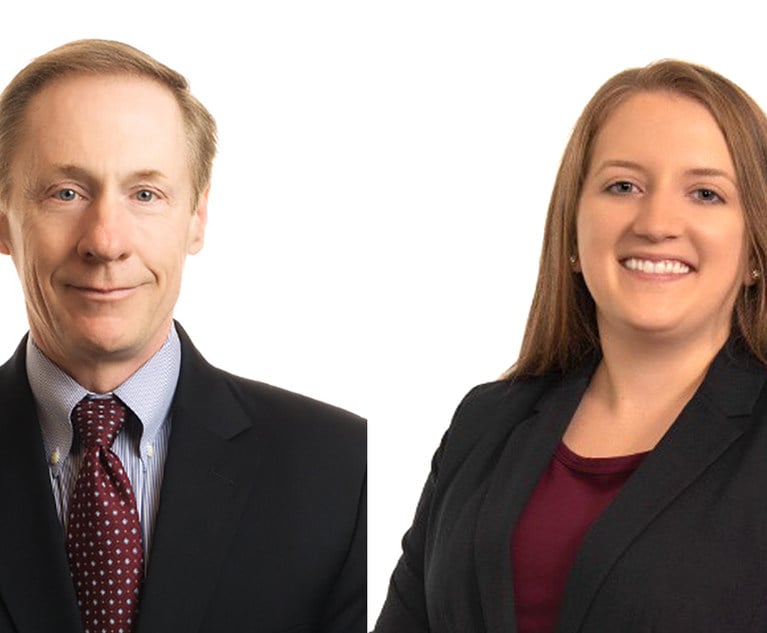Except in very limited circumstances, a creditor of a bankrupt debtor must file a claim in order to secure any chance of recovery. The decision to file, however, is full of strategic considerations, including whether doing so will submit the creditor to bankruptcy court jurisdiction thereby limiting where litigation of the claim will occur. A recent case of first impression from the U.S. Court of Appeals for the Third Circuit provides guidance on this important decision for those claims that arise during the period between plan confirmation and the plan’s effective date. See Ellis v. Westinghouse Electric, 2021 U.S. App. LEXIS 26092 (3d Cir. Aug. 30, 2021).
In Westinghouse, the debtor’s plan of reorganization set a bar date that provided that holders of post-confirmation administrative expense claims, who did not timely file requests for payment were forever barred from asserting such claims against the debtor and that such claims were discharged as of the plan’s effective date. The plan was confirmed by the bankruptcy court on March 28, 2018, but did not go effective until Aug. 1, 2018. On the effective date, the debtor provided notice to creditors, informing them that the administrative claim bar date was Aug. 31, 2018, and that any such claims not timely filed would be discharged.


 Francis J. Lawall and Marcy J. McLaughlin Smith of Troutman Pepper Hamilton Sanders. (Photo: Courtesy Photo)
Francis J. Lawall and Marcy J. McLaughlin Smith of Troutman Pepper Hamilton Sanders. (Photo: Courtesy Photo)




